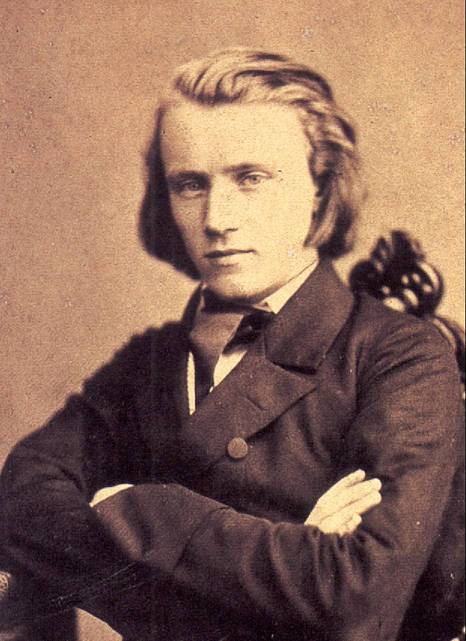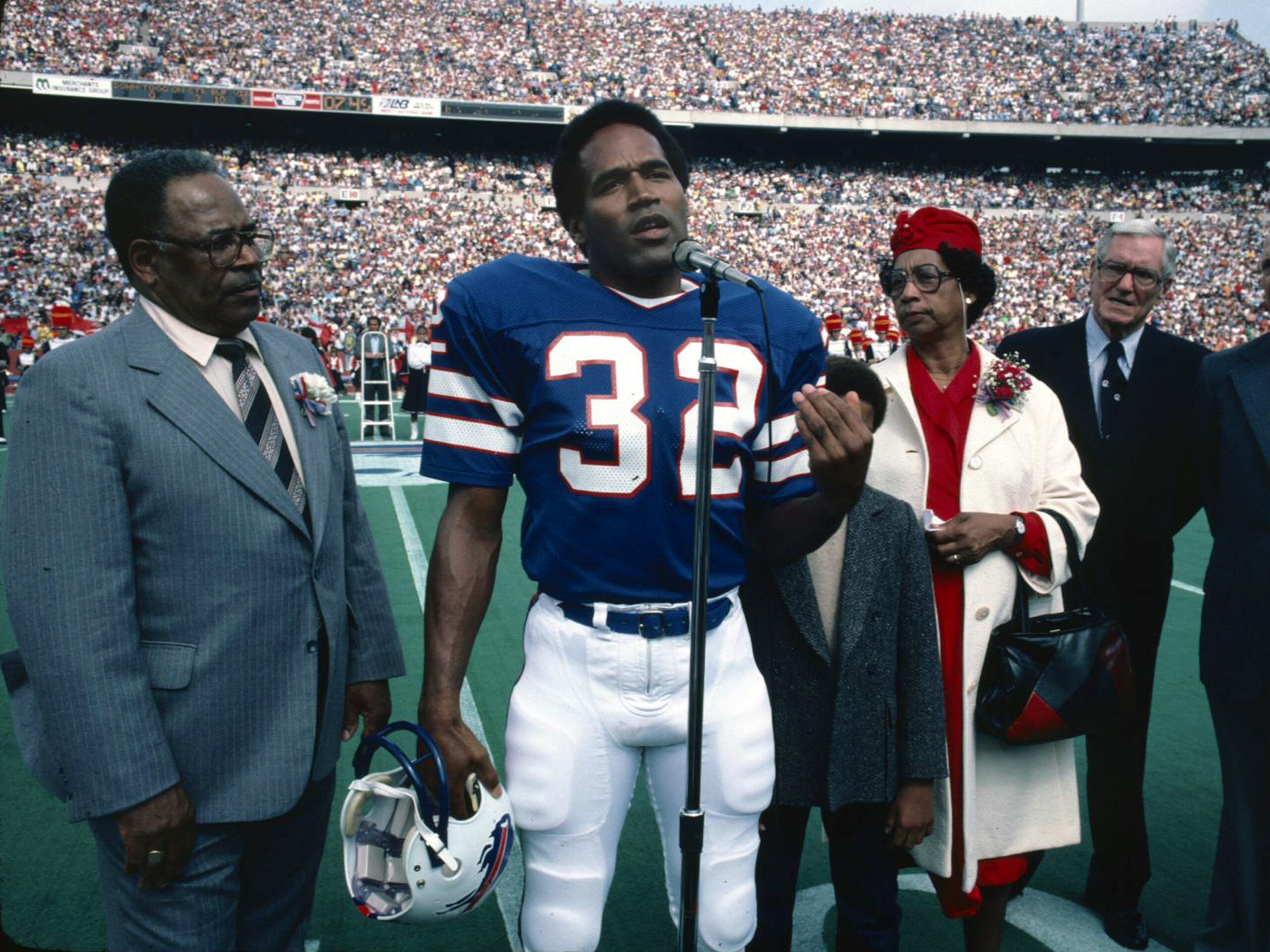Seventeen-year-old Johannes Brahms was determined to become a composer, and so in 1850 when Robert Schumann came to Hamburg for a visit, Brahms got up his courage and sent a parcel of his music to Schumann’s hotel. The result was discouraging. The parcel came back unopened.
Two years later Brahms traveled to Weimar to meet piano wizard Franz Liszt. Liszt was living in lavish style at the palace of his mistress, surrounded by a throng of students and other admirers. Poverty had forced Brahms to play piano in some of Hamburg’s most tawdry entertainment houses. He found the luxurious surroundings intimidating. When Liszt asked him to play some of his pieces, he got nervous and declined.
So Liszt sight-read them, offering constructive commentary as he went through Brahms’ E-flat minor scherzo and part of the C major sonata. According to one account, when Liszt played his own Sonata in B minor, he looked over to see Brahms dozing, but took no offense.
Stay informed on the latest news
Sign up for WPR’s email newsletter.
Brahms decided to take another chance with Schumann. He took the train to Düsseldorf and turned up on the composer’s doorstep at about noon on September 30, 1853. Schumann and his wife Clara weren’t home. Their eldest daughter, Marie, told the handsome young man with long blond hair to come back the next morning at eleven o’clock.
When he did, Schumann himself came to the door and asked Brahms to play for him. Much more at ease in the middle-class surroundings of the Schumann household, Brahms launched into his C major sonata. Almost at once, Schumann asked him to stop and ran out of the room to get Clara.
“Now you’ll hear music the likes of which you’ve never heard before,” he promised her. Brahms played away the morning and promised to come back every day.
That night Schumann wrote in his diary, “Visit from Brahms, a genius.” Soon afterward he wrote to his publishers and recommended that they consider printing whatever music Brahms sent them.
Wisconsin Public Radio, © Copyright 2024, Board of Regents of the University of Wisconsin System and Wisconsin Educational Communications Board.





